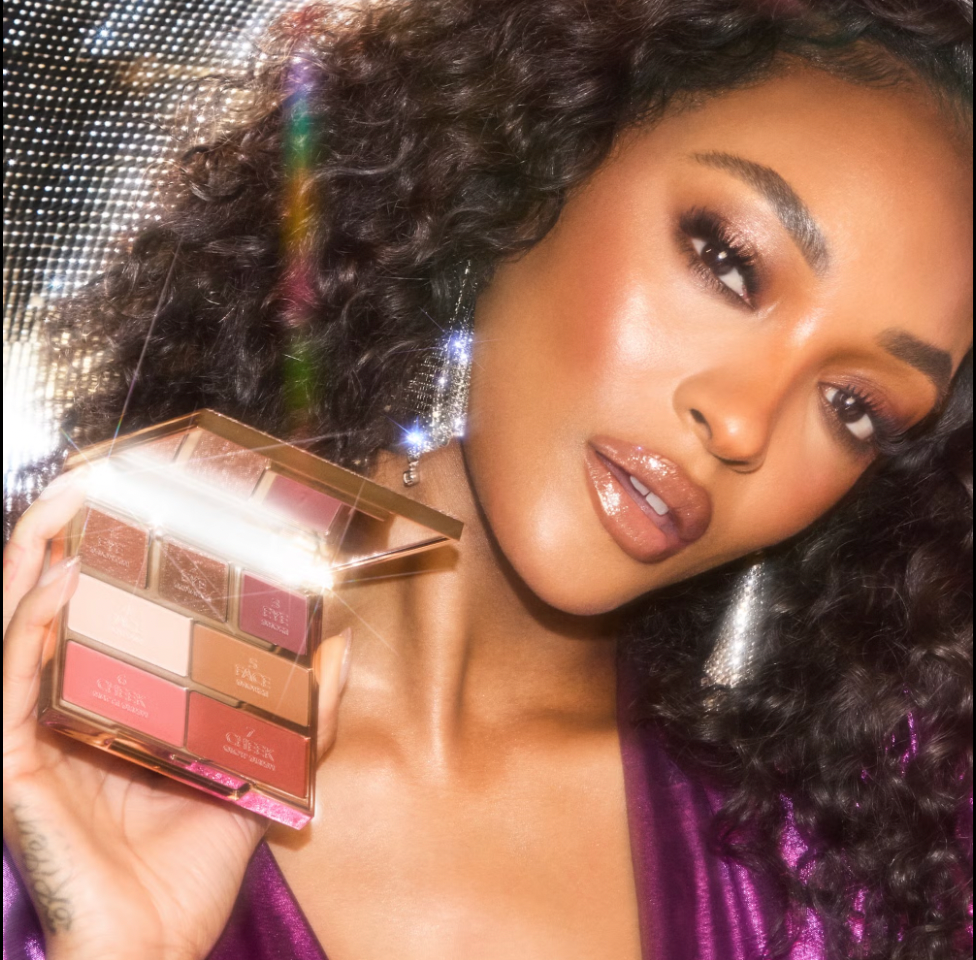The beauty industry has transformed dramatically in recent years, with customers expecting highly personalized experiences that reflect their unique skin types, preferences, and beauty goals. Beauty brands that leverage CRM software effectively are creating deeper customer relationships, increasing purchase frequency, and building the kind of loyalty that drives long-term business success. Understanding how to implement customer relationship management technology strategically can revolutionize how beauty brands connect with their audiences.
Understanding Beauty Customer Expectations
Modern beauty consumers demand personalization at every touchpoint. They want product recommendations based on their skin tone, concerns about specific ingredients, and suggestions that align with their personal style preferences. This level of customization requires sophisticated data collection and analysis capabilities that only comprehensive CRM systems can provide effectively. Beauty customers also expect seamless experiences across multiple channels. They might discover a product on social media, research reviews on a brand’s website, test products in-store, and ultimately purchase through a mobile app. The best CRM software enables beauty brands to track these complex customer journeys and maintain consistent messaging across all touchpoints. The emotional connection between customers and beauty brands runs deeper than most industries. Beauty purchases often relate to self-expression, confidence, and personal transformation. CRM systems that capture not just purchase data but also customer preferences, special occasions, and beauty goals enable brands to create meaningful connections that go beyond transactional relationships.
Collecting and Organizing Beauty-Specific Customer Data
Beauty brands have access to unique types of customer data that other industries don’t typically collect. Skin type, hair texture, color preferences, ingredient sensitivities, and beauty concerns all provide valuable insights for personalization. Effective CRM implementation involves creating custom fields and categories that capture this beauty-specific information systematically. Product trial data represents another valuable information source that beauty brands can leverage through CRM systems. Tracking which samples customers request, how they respond to trial sizes, and their feedback on new products helps brands predict future purchases and recommend complementary items. This trial data becomes particularly powerful when combined with purchase history and preference information. Seasonal beauty patterns provide additional personalization opportunities that CRM software can automate. Spring makeup trends, summer skincare needs, fall color preferences, and winter moisturizing requirements all create predictable patterns that can trigger personalized marketing campaigns and product recommendations throughout the year.
Creating Personalized Product Recommendations
Advanced CRM systems enable beauty brands to create sophisticated product recommendation engines that consider multiple factors simultaneously. Rather than simply suggesting bestsellers, these systems can recommend products based on skin type, previous purchases, browsing history, and stated preferences to create truly personalized shopping experiences. Cross-selling opportunities in the beauty industry are particularly rich when supported by intelligent CRM analysis. A customer purchasing foundation can receive targeted recommendations for complementary products like concealer, setting powder, or makeup brushes. CRM software that understands product relationships and usage patterns can automate these cross-selling suggestions effectively. Replenishment reminders represent another powerful personalization feature that beauty brands can implement through CRM technology. Tracking purchase dates and estimated product usage rates allows brands to send timely reminders when customers are likely running low on their favorite products, increasing convenience while driving repeat purchases.
Implementing Loyalty Programs Through CRM Integration
Beauty brands excel at creating loyalty programs that reward both purchases and engagement, but managing these programs effectively requires robust CRM infrastructure. Points systems, tier-based rewards, birthday specials, and exclusive access programs all need seamless integration with customer data to function properly. Tier-based loyalty programs work particularly well in the beauty industry because they align with customers’ natural progression from trying new products to becoming brand advocates. CRM systems can automatically track spending levels, upgrade customer tiers, and unlock appropriate benefits without manual intervention, creating smooth experiences that encourage continued engagement. Exclusive access and early product launches create powerful loyalty incentives that CRM systems can manage efficiently. VIP customers can receive automated invitations to virtual makeup consultations, exclusive product previews, or limited-edition releases based on their purchase history and engagement levels stored in the CRM database.
Leveraging Social Media Integration for Beauty CRM
Social media plays a crucial role in beauty marketing, and integrating social platforms with CRM systems creates comprehensive customer profiles that include social engagement data. Customers who frequently engage with beauty content, share product photos, or participate in brand challenges represent high-value segments worthy of special attention. User-generated content integration allows beauty brands to identify their most enthusiastic customers and reward them accordingly. CRM systems can track customers who post product reviews, share makeup looks, or create beauty tutorials, enabling brands to recognize these valuable advocates with special perks or collaboration opportunities. Social listening capabilities integrated with CRM data help beauty brands understand customer sentiment and identify potential issues before they escalate. Monitoring mentions of products, tracking hashtag usage, and analyzing comment sentiment provide insights that can inform both customer service responses and product development decisions.
Automating Beauty Customer Communications
Email automation takes on special significance in the beauty industry, where educational content, tutorials, and seasonal recommendations drive engagement and sales. The best CRM software enables beauty brands to create sophisticated email workflows that deliver relevant content based on customer preferences, purchase history, and engagement patterns. Seasonal campaign automation helps beauty brands stay relevant throughout the year without overwhelming their marketing teams. Summer skincare tips for oily skin customers, winter moisturizing advice for dry skin types, and holiday makeup tutorials can all be automated based on customer profiles and calendar triggers built into the CRM system. Abandoned cart recovery becomes particularly important for beauty brands because customers often need time to research ingredients, read reviews, or compare shades before making final decisions. CRM-powered email sequences can provide additional product information, customer reviews, or limited-time incentives to encourage completion of interrupted purchases.
Measuring Beauty CRM Success Metrics
Customer lifetime value calculation takes on unique characteristics in the beauty industry, where regular replenishment purchases and seasonal buying patterns affect long-term value projections. CRM systems that accurately track these patterns help beauty brands identify their most valuable customers and optimize marketing investments accordingly. Engagement metrics beyond purchases provide crucial insights for beauty brands. Tutorial video completion rates, virtual try-on usage, quiz participation, and social media interactions all indicate customer engagement levels that predict future purchases and brand loyalty. Comprehensive CRM systems track these varied engagement types effectively. Product affinity analysis helps beauty brands understand which products customers are likely to purchase together and in what sequence. This information enables more effective inventory planning, product bundling strategies, and personalized recommendation engines that drive higher average order values.
Overcoming Beauty Industry CRM Challenges
This system comes with challenges, though. Privacy concerns around beauty data require careful attention to data collection practices and customer consent management. Beauty customers often share sensitive information about skin conditions, age-related concerns, or personal insecurities that demands respectful handling and secure storage within CRM systems. Product complexity in the beauty industry can overwhelm traditional CRM systems not designed for extensive product catalogs with multiple variations. Skincare lines with different formulations, makeup products with dozens of shades, and seasonal collections require CRM systems capable of handling complex product hierarchies and relationships. Integration challenges arise when beauty brands use specialized tools for color matching, virtual try-ons, or ingredient analysis alongside their primary CRM system. Ensuring seamless data flow between these specialized tools and the central CRM database requires careful planning and technical expertise.
Future Trends in Beauty CRM Technology
Artificial intelligence integration is revolutionizing beauty CRM capabilities, enabling more sophisticated skin analysis, personalized formulation recommendations, and predictive modeling for customer preferences. AI-powered CRM systems can analyze customer photos, predict product success rates, and optimize marketing message timing with unprecedented accuracy. Augmented reality integration with CRM systems allows beauty brands to track virtual try-on sessions, analyze which looks customers save or share, and recommend products based on virtual experimentation. This data adds new dimensions to customer profiles and creates opportunities for highly targeted marketing campaigns. Voice commerce integration represents an emerging opportunity for beauty brands to capture routine replenishment orders through smart speakers while maintaining connection to their CRM systems. Customers can reorder their favorite products, ask for usage tips, or request product recommendations through voice commands that integrate with their customer profiles. The beauty industry’s focus on personalization and emotional connection makes it particularly well-suited to CRM technology implementation. Brands that invest in comprehensive customer relationship management systems can create the personalized experiences that modern beauty consumers expect while building the data-driven insights needed for long-term competitive advantage. Success requires choosing CRM platforms that understand beauty industry needs and implementing them with careful attention to customer privacy and experience quality.




